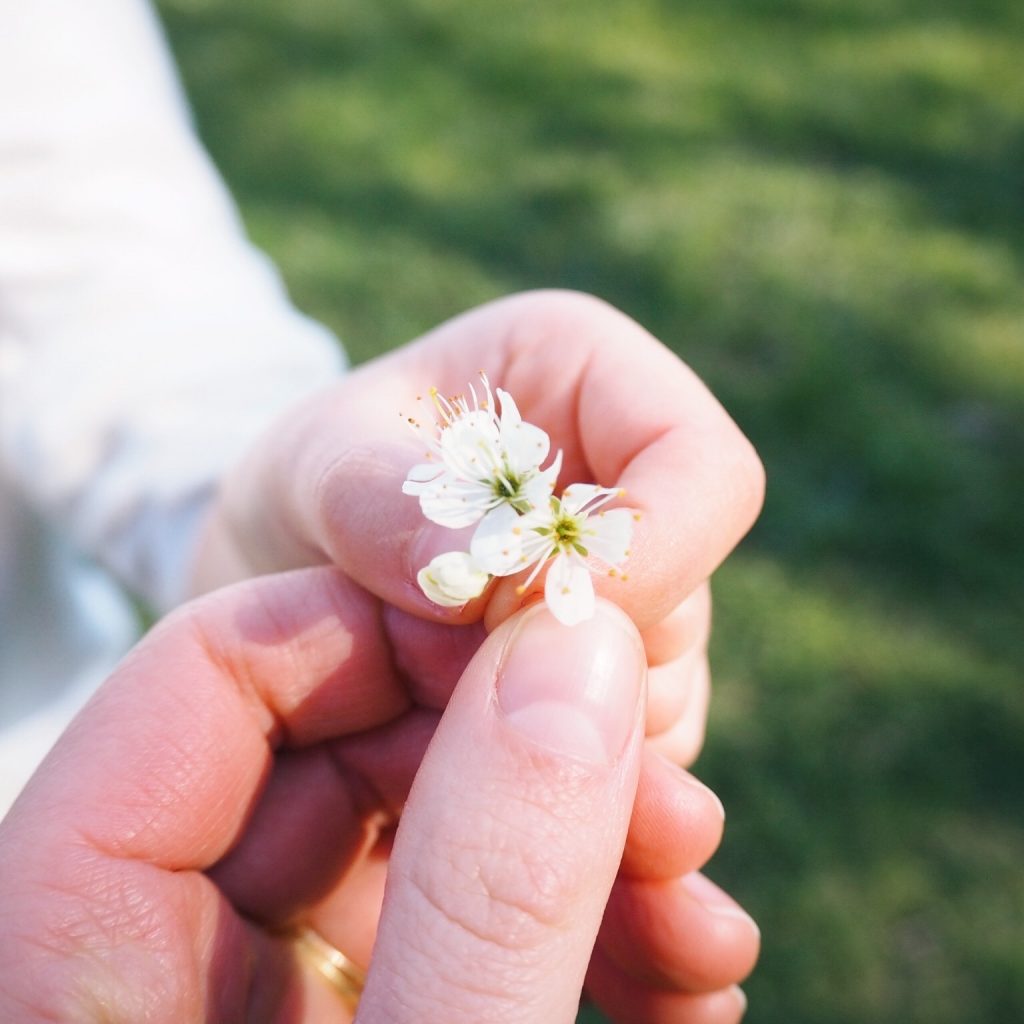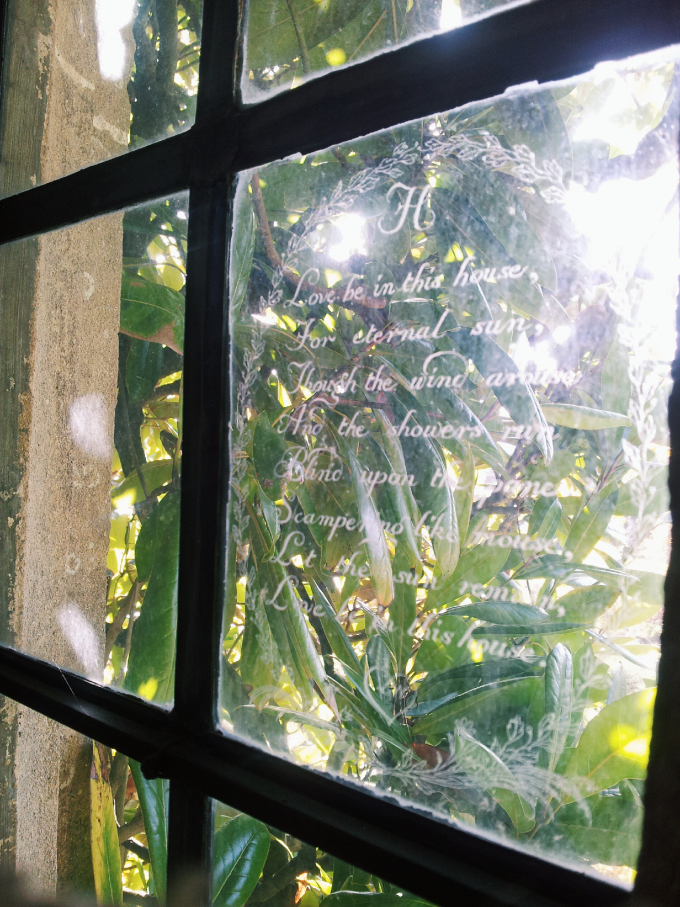
When “How are you?” feels like an impossible question to answer, it’s a fair sign that something might be wrong. In the darkest times of my life, that question would always make my pulse start to race and a lump form in my throat.
A little over four years ago I had just had my first baby, my father was dying from cancer, and I was the sole breadwinner for our family while my husband finished his academic studies. Our future was uncertain: my husband was American and owed the US Army some time, and we didn’t know when we’d have to leave or where we would go. We didn’t even have a wedding list because we expected to spend the first part of our married lives moving from place to place. I gave away most of my books, thinking I’d built my collection back up when we were settled one day in the amorphous future.
I had wanted my father to meet his first grandchild before he died, but as soon as I got pregnant I felt a deep anxiety start to settle into my bones. It was a complicated time, and yet I thought I should feel straight-forwardly happy and excited because we were having a baby.
The thing is, motherhood isn’t something you can try on for size before you commit. Sure, you can think about it and prepare all you like, and you can babysit and spend time with young families to see how you cope with children, but it’s not the same thing as living it hour-by-hour, sleepless night after sleepless night, feeling the responsibility so keenly and irreversibly as your own.
As soon as you get pregnant, your body is flooded with all kinds of hormonal and physical changes, and there’s just no way of telling how you will react to all of those changes in advance. It can be such a radical transformation that it can feel like a kind of death; there is a definitive Before and After to motherhood, and in the wake of these huge physical changes, you often have to go through a process of deep self-discovery to understand your new identity.
“A woman does not become a mother the very minute she gives birth. It is a learning process, and for some it simply takes longer than for others. There are those, like myself, who find themselves shaken to the core by the entire experience,” writes Elif Shafak in her beautiful and moving book, Black Milk: On Motherhood and Writing. That turned out to be true for me.
In the mess and muddle of that first year, I didn’t have the mental space or energy to untangle my complicated emotions. I simply couldn’t handle what I was feeling and worried that I’d have a total breakdown if I tried, so I pushed it all aside and carried on as best as I could. It was only when I stopped breastfeeding a year and two months after my daughter was born that the heavy fog that had clouded my heart and mind lifted, and I understood that on top of the difficulties of the past year, I had also been experiencing some kind of deep chemical imbalance.
It took a few more years for me to definitively name that as post natal depression: it was hearing other women describe their experiences of the condition that helped me to understand that that is what I had experienced.
In the depths of post natal depression, I alternated between feeling numb and feeling an almost unbearable throbbing pain. On my best days, it was unpleasant but ignorable background noise, a base note of anxiety and pain, and on my worst days (of which I usually had a few every week), it made me wish I had never been born.
The difference between “normal” postpartum struggles and full-blown post natal depression, for me, is the difference between fantasising about checking into a hotel to sleep and have alone time for a few days, and wishing I would get hurt so I could go to hospital where someone else would take care of me and I wouldn’t have to do anything… or even just wishing I didn’t exist at all.
Four and a half years later, I have a new baby girl to take care of and I can feel the sharp edges of the depression near by, like something you could bump into in the dark, the twinge of an unreliable sciatic nerve, a wisdom tooth lying dormant in the gum, or someone in a dream that you can’t look at directly but you can see out of the corner of your eye. But, it doesn’t inhabit me the way it did the first time.
I finally understand what people mean when they say “Enjoy this time with your new baby!” I remember I used to look a people blankly when they said that before, wondering whether I had missed some secret initiation into motherhood, whether there was something intrinsically wrong with me. I used to fear that I just wasn’t mother material.
For all that I struggled, I always had the best support of my amazing family (especially my wonderful, empathetic mother); my heart breaks for women who don’t have that. It can take time and distance to process complicated experiences, and motherhood is one of the most complex of them all.
If you’re experiencing something like this, be gentle on yourself. Find someone you trust to talk to. Write about it—you don’t have to share what you write with anyone, but it might give you some clarity.
And above all, remember: you matter, too. Yes, this is a time when you’ll willingly pour yourself out for the needs of this new little one, but don’t forget to care for yourself. The saying “You can’t pour from an empty cup” is a cliche for a reason.
I wrote about the sometimes painful changes of motherhood for Holl & Lane Magazine’s Summer 2018 “Transformation” issue in a piece called “The Alchemy of Motherhood”. You can buy your copy of the magazine, here.
You can read more about my experience of post natal depression here, and you might also be interested in this blog post about what people in my Instagram community wish they’d known before starting therapy.
And, if you’re struggling with depression of any kind, friend, please don’t carry this alone—reach out to a supportive friend or family member, or to an expert offering help via free helplines like these for the UK and these for the USA.




One comment